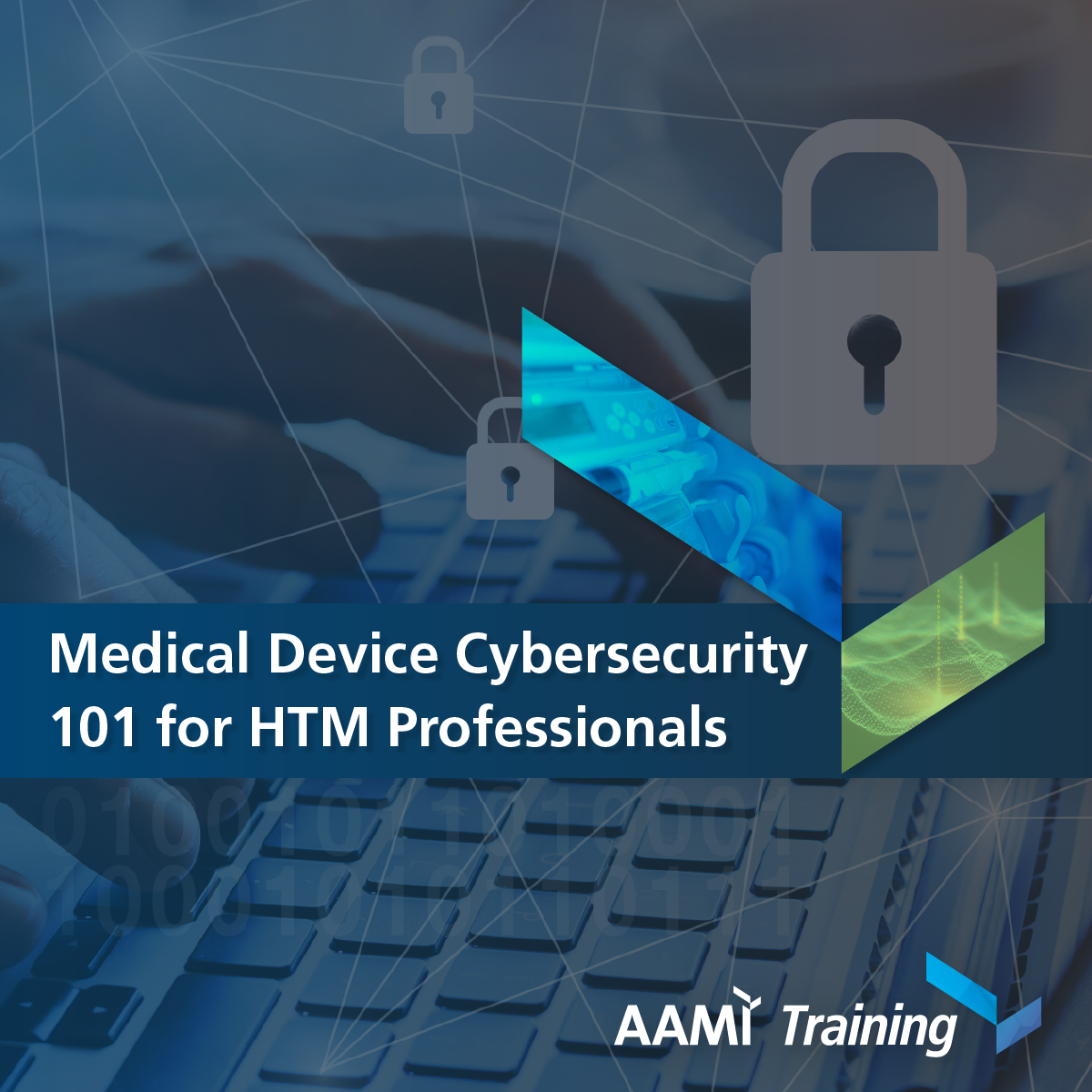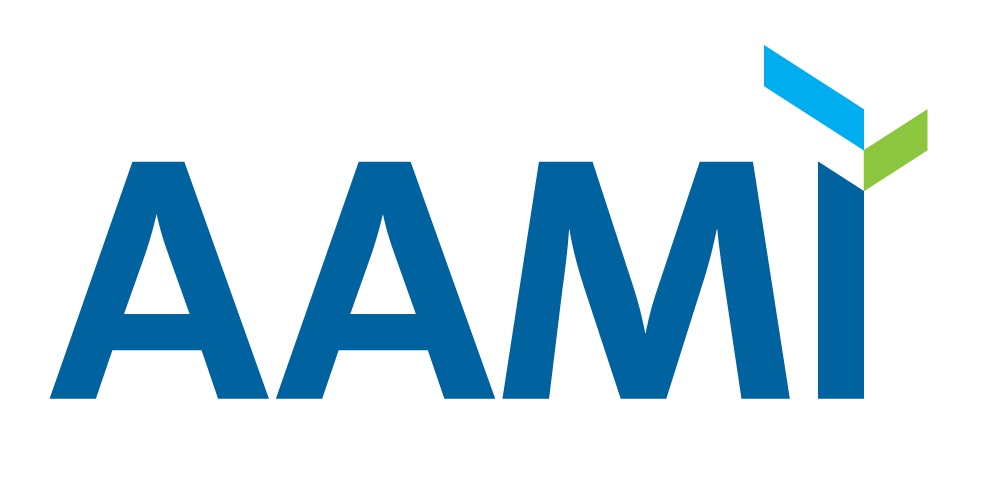Medical Device Cybersecurity 101 for HTM Professionals

Upcoming Courses
Overview
Today the news is inundated with stories about cybersecurity compromised businesses, public services, and government operations. Among those we often hear as being compromised are hospitals and healthcare-related organizations. When compromises to healthcare organizations do occur, they have frequently shut down a department’s or an entire organization’s operations so that their ability to deliver healthcare and even patient safety can be adversely affected in a severe way.
While advancements in medical technology in recent years have led to great improvements in healthcare delivery, those same technology advancements are also creating new cybersecurity risks that, if not properly mitigated, could produce disastrous effects for healthcare organizations and their patients. The first step in mitigating the growing cybersecurity risks associated with medical technology is to educate the CE/HTM community.
Objectives
Over six hours and 22 sessions, the AAMI Medical Device Cybersecurity Educational Program for HTM Professionals is designed to provide attendees with:
- a general understanding of today's growing cyber threat landscape as well as cybersecurity concepts and terminology
- an appreciation of the medical device cybersecurity risks that exist today
- an understanding of the processes necessary for implementing an effective medical device security risk management program
- a familiarity with regulations as well as appropriate standards and guidances associated with medical device security and how they should be applied
- the ability to integrate medical device cybersecurity effectively into an organization’s other information security processes and the organization’s emergency plan
Virtual Training Information
Faculty

Axel Wirth
He is an active participant in industry and standards organizations, serves on boards and committees, and is a frequent speaker on subjects such as healthcare cybersecurity and privacy, medical device security, regulatory compliance, and related healthcare-specific topics. Wirth is the Chief Security Strategist at MedCrypt and as adjunct professor, he teaches a Medical Device Cybersecurity course at the University of Connecticut clinical engineering graduate program as well as guides healthcare-focused cybersecurity startup companies as an advisory board member.
In recognition of his accomplishments, he has been awarded the “2018 ACCE/HIMSS Excellence in Clinical Engineering & IT Synergies Award” and the “ACCE 2019 Clinical Engineering Advocacy Award” as well as has been recognized as a Fellow by AAMI (Association for the Advancement of Medical Instrumentation) and HIMSS (Healthcare Information and Management Systems Society).

Stephen L. Grimes
recently he co-edited the Medical Device Cybersecurity: A Guide for HTM Professionals” published by the Association for the Advancement of Medical Instrumentation (AAMI) in May 2018. Over the years to the present, Mr. Grimes has continued to speak and write on how healthcare delivery organizations (HDOs) need to address the evolving medical device security threat. During his eight-year tenure (2007-2015) at ABM Healthcare Support Services in the capacity of Chief Technology Officer and senior consultant, he has also developed programs, procedures and tools for that organization’s 300+ clients (with medical device inventories totaling over 500,000) that addressed data security management in the device life cycle. He has co-taught a Medical Device CyberSecurity course to graduate clinical engineering students at the University of Connecticut since 2019.
